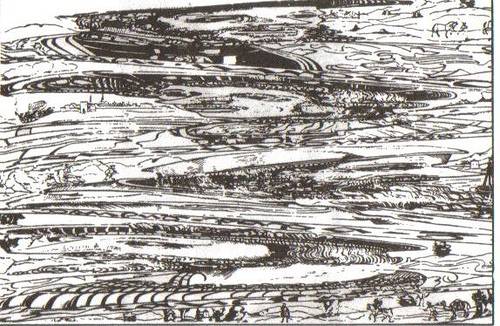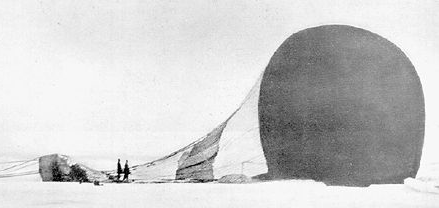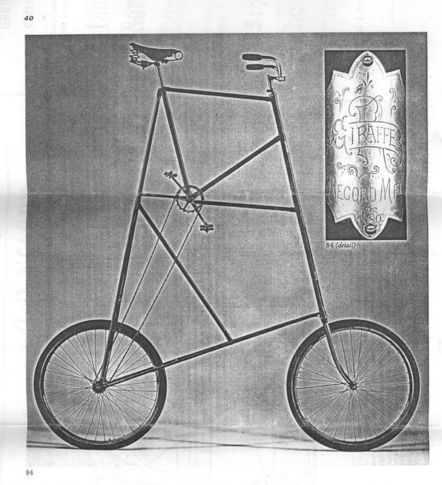
Charles Osmond Frederick was a mild-mannered British engineer at the British Railway Technical Centre in Derby in the 1970s.
Or so everyone thought. Earlier this year, patent researchers discovered that in 1973 Frederick had designed a nuclear-powered space vehicle for intergalactic travel, and even got the British Railways Board to patent it. Apparently no one was paying attention.
When the plans resurfaced, a group of nuclear scientists examined them and declared them to be unworkable; Michel van Baal of the European Space Agency said, “I have had a look at the plans, and they don’t look very serious to me at all.”
But if you like, you can try them out yourself — the patent lapsed when the Railways Board neglected to renew it.









